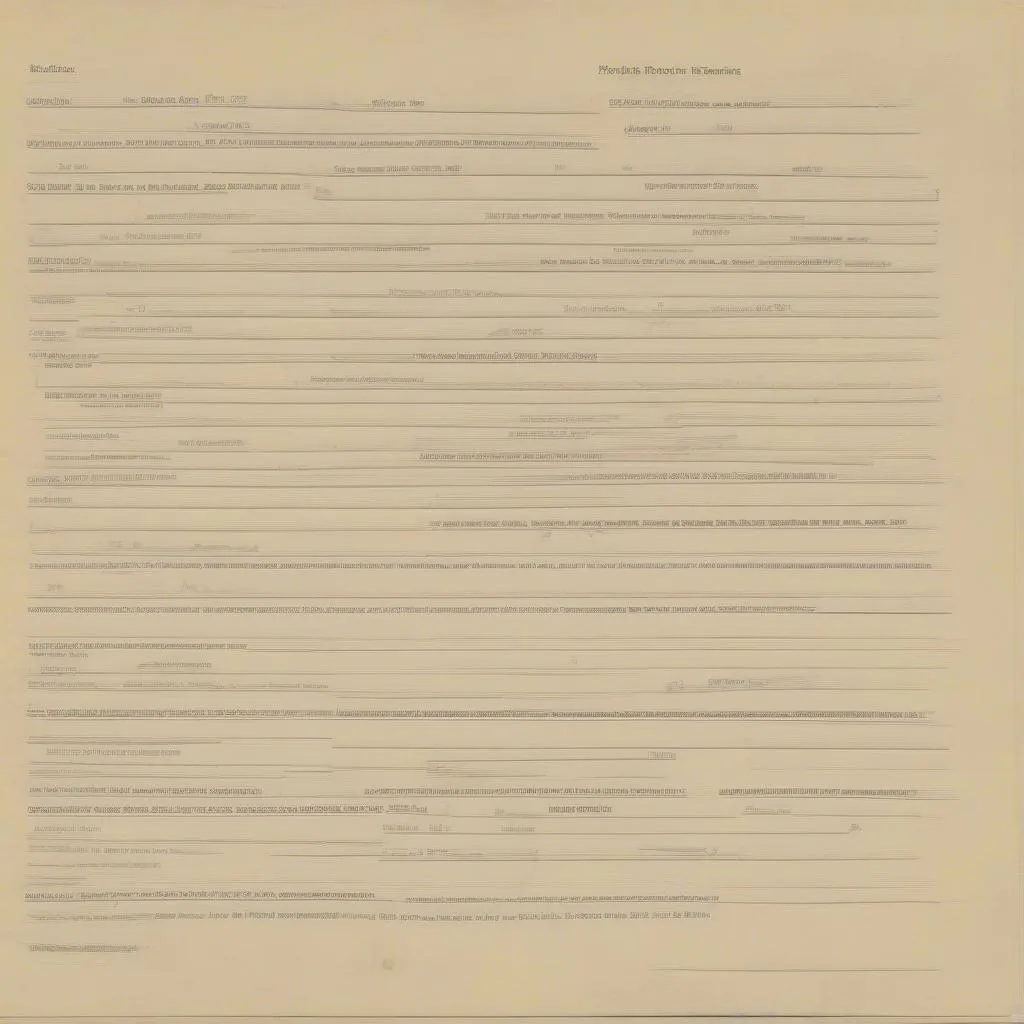“A straight tree is not afraid of standing tall, an honest person is not afraid of rumors.” Writing reports has always been an essential skill in any field, from office work to academics and everyday life. You might be talented and skilled, but without this powerful “weapon,” you can easily “lose points” in the eyes of others.
Imagine you are a new employee, full of enthusiasm and creative ideas. You want to present your ideas to your superiors for approval and implementation. But you feel lost when you have to draft a report that is comprehensive, logical, coherent, and engaging. What should you do?
Don’t worry, let’s explore the secrets to mastering report writing skills, helping you confidently express yourself and persuade others with professional documents!
1. What is a Report? Why Learn Report Writing Skills?
Simply put, a report is a document presenting opinions, proposals, recommendations, plans, or requests from an individual or group to an authorized agency or organization for approval, acceptance, or resolution.
Reports play a crucial role in life:
- Demonstrate professionalism and respect: A well-structured, clear, and coherent report creates a good impression on the reader, demonstrating professionalism and respect for them.
- Facilitate effective information transmission: Reports help you present your ideas and proposals clearly, logically, and understandably, helping readers grasp information accurately and quickly.
- Increase persuasiveness: A persuasive report increases the likelihood of your opinions and proposals being accepted.
- Improve writing skills: Writing reports requires you to hone your writing skills, using precise, clear, coherent, and engaging language.
2. Structure of a Standard Report
A standard report typically includes the following sections:
2.1. Introduction
- Title: Concise, clear, highlighting the main content of the report. For example: “Report for Approval of Workshop Organization Plan”.
- Submitter: Name, title, department of the report writer.
- Recipient: Name, title, department of the person or organization receiving the report.
- Receiving Location: Name, address of the agency or organization receiving the report.
- Date: Date of report drafting.
2.2. Main Content
- Reason: Clearly, logically, and persuasively present the reasons for writing the report.
- Content: Present detailed, complete, and clear content, opinions, proposals, recommendations, plans, or requests.
- Outcomes: Predict the results, benefits, and impacts of approving the report.
2.3. Conclusion
- Conclusion: Summarize the main content of the report.
- Recommendation: Recommend that the recipient or agency consider, approve, or resolve the matter.
- Signature: Sign, clearly stating the full name and title of the report writer.
3. Tips for Writing Engaging Reports
To write an effective report, keep the following in mind:
3.1. Define Objectives and Audience
Before you start writing, clearly define the objective and audience of the report. What do you want to achieve? Who are you trying to persuade? This will help you tailor the content and language appropriately.
3.2. Research and Gather Information
Take the time to research and gather information relevant to the report’s content. This helps ensure that your content is accurate, complete, logical, and persuasive.
3.3. Use Clear and Understandable Language
The language in the report should be clear and understandable, avoiding jargon or complex terminology. Use concise sentences, avoiding verbosity and rambling.
3.4. Create a Detailed Outline
Creating a detailed outline before writing helps you organize content logically and coherently, avoiding getting “off-topic”.
3.5. Present Clearly and Systematically
The report should be presented clearly and systematically, easy to read and understand. Use proper punctuation, spacing, clear layout, and appropriate font and font size.
3.6. Proofread Carefully Before Submitting
Before submitting the report, carefully check for content, grammar, spelling, layout, and presentation. Ensure the report is free of errors.
4. Common Mistakes in Report Writing
4.1. Lack of Preparation
Many people make the mistake of not spending enough time preparing before writing a report. This leads to superficial, illogical, and unpersuasive content.
4.2. Inaccurate or Inappropriate Language
Using inaccurate language or language inappropriate for the audience can make the report difficult to understand, or even offensive to the reader.
4.3. Lack of Logic and Coherence
The content of the report needs to be presented logically and coherently, avoiding getting “off-topic” or being “disorganized”.
4.4. Lack of Persuasiveness
The content of the report needs to persuade the reader, making them agree with your opinions and proposals.
4.5. Unprofessional Presentation
Unprofessional and unappealing presentation will create a bad impression on the reader.
5. Key Considerations When Writing Reports
5.1. Focus on the Main Objective
Focus on the main objective of the report, avoid getting off-topic or rambling.
5.2. Avoid Using General Terms
Use specific and clear language, avoid using general or vague terms.
5.3. Show Respect
Show respect for the reader by using polite and tactful language.
5.4. Maintain a Positive Attitude
Show optimism, positivity, and confidence in your ideas and proposals.
6. Report Examples
7. FAQs about Report Writing Skills
8. Conclusion
Report writing is an essential skill in life. By mastering the tips and considerations above, you can confidently write professional and engaging reports that help you achieve your goals.
Remember, “Attention to every detail” is the key to creating impressive documents.
Do you have any other questions about report writing skills? Leave a comment below so I can help you!
Contact us at phone number: 0372666666 or visit us at: 55 To Tien Thanh, Hanoi for more advice on report writing skills. We have a team of professional consultants ready to assist you 24/7.
